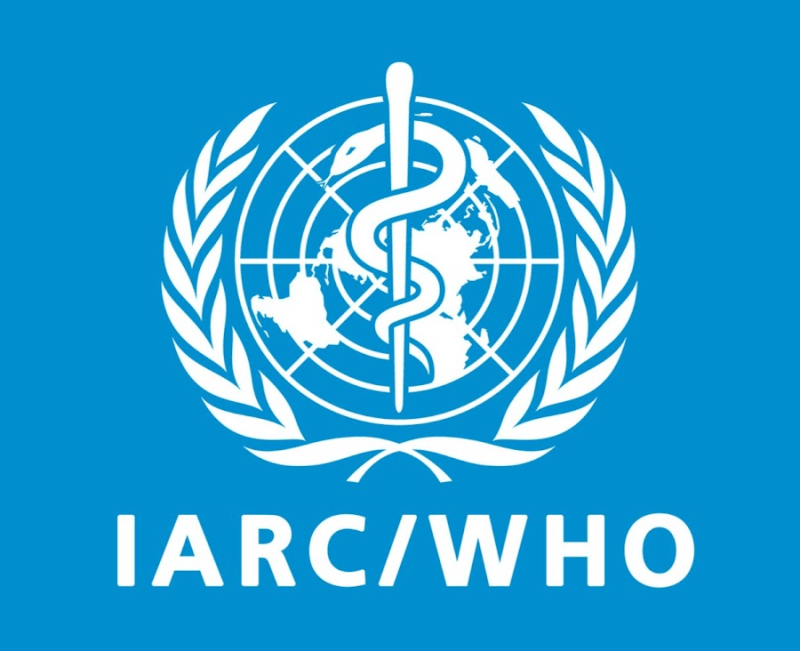IARC‘s hazard identification scheme, which assesses the carcinogenic potential of a chemical in a simple binary manner, is now obsolete. Since it was set in the early 1970s, the scheme has basically remained unchanged and has not reached the level of regulatory science of the 21st century. Whether to reform or abolish it, the world’s scientific, regulatory, and political circles are faced with a decision.
Of the nearly 1,000 chemicals investigated in the history of IARC’s monograph program, only one was classified as “probably not carcinogenic.” For almost all chemicals, there is evidence that they are carcinogenic, and the process of concluding that they should be treated as such, or that they are “classifiable” (the available evidence cannot draw conclusions), is nearly worthless information for public health professionals.
…
However, IARC’s process is hazard-based, so if a substance has the potential to cause carcinogenicity, it will try to “label” it as carcinogenic, regardless of the circumstances. The premise itself is flawed. This has created a useless and even absurd mechanism to put chemicals in the same group with orders of magnitude different amounts that are likely to cause cancer.
[Editor’s note: This article has been translated from Japanese and edited for clarity.]































